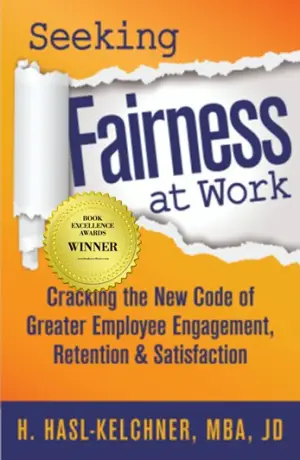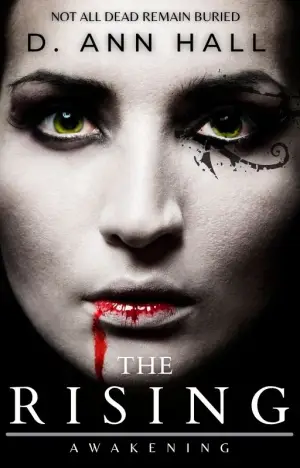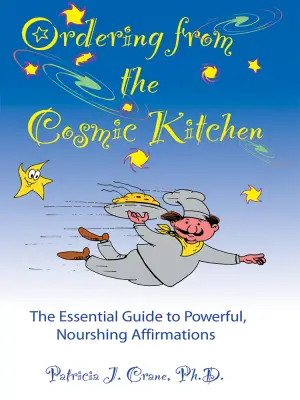A Reflection on Sing, Wild Bird, Sing by Aine O’Connor
There’s something inherently magnetic about stories that intertwine history and personal struggle, and that’s exactly what drew me to Sing, Wild Bird, Sing by Aine O’Connor. As I delved into its pages, I found myself anticipating a nuanced exploration of the connections between Irish and Native American experiences, as promised by the author herself. Yet, as I turned the last page, I felt a complex mixture of admiration and frustration that I’d love to share with you.
At its heart, this novel follows Honora, a character fiercely caught in the throes of love, loss, and cultural identity. O’Connor paints a backdrop of heart-wrenching history—the echoes of persecution and resilience among both the Irish and Native Americans. However, what might have been a poignant commentary on these shared struggles often dissolves into the more conventional trajectory of a romance, leading me to question the depth of Honora’s journey. The central question of whether she truly evolves or merely circles back to the comforts and traumas of her past marred my ability to root for her. One moment, she is calculating and introspective; the next she seems a prisoner of clichés.
One significant aspect that stood out was the writing style, particularly O’Connor’s approach to dialogue. There’s a distinct lack of real conversational exchanges—Honora’s internal monologues often overshadow opportunities for meaningful interactions. These moments could have built more profound connections between characters. For instance, the peculiar characterization of her husbands had me wavering between empathy and exasperation, especially with the almost caricature-ish portrayal of Ignatius. A more balanced exploration of these relationships might have conveyed the complexities inherent in love and obligation more effectively.
In the midst of the heavy themes, I couldn’t help but notice the bird metaphors, which felt both poignant and a bit overdone. While I appreciate the attempt to weave symbolism throughout the narrative, at times it felt like a sledgehammer rather than a gentle nudge. It left me yearning for a more subtle touch that could have elevated the storyline beyond its romantic trappings.
Despite my frustrations, I found Honora’s backstory compelling. Her early experiences of ostracization and forced marriage stirred empathy in me, and yet I was left longing for her to seize the agency that her situation denied her. Early on, I wanted to cheer her on as she navigated the complexities of her life, but by the end, I felt she was limiting her own potential—an internal conflict that left me feeling a tad disheartened.
Ultimately, Sing, Wild Bird, Sing is an ambitious endeavor to bridge cultural narratives, but its execution falters under the weight of predictable romance tropes. This juxtaposition may resonate well with readers who enjoy historical fiction that leans heavier on relationship dynamics than on deeper thematic explorations. If you’re drawn to tales of personal strife wrapped in romance, this book may speak to you. For those of us seeking a more profound commentary, however, the journey offers a blend of beauty and disappointment.
While my experience with Honora’s tale was a rollercoaster, I appreciate the conversations it sparked within me about identity and agency. Maybe that alone makes this a worthwhile read for many. So, if you’re intrigued by the complex web of humanity, romance, and history—perhaps give it a shot. Just keep your expectations in check, and you might find something to enjoy!






